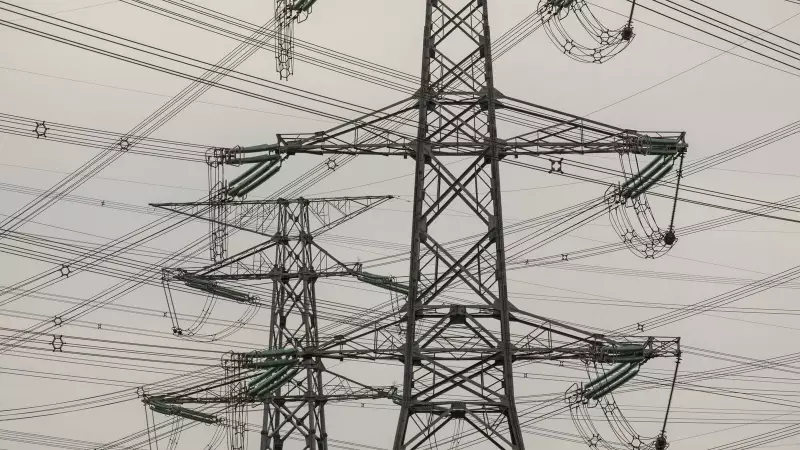
In a significant move that could reshape India's power landscape, the government is preparing to introduce the Electricity Bill 2025 with groundbreaking reforms aimed at balancing federal interests while providing substantial relief to households and agricultural consumers.
The Federal Balance: A New Era in Power Distribution
The proposed legislation marks a pivotal shift in how electricity costs are distributed across different consumer segments. The bill seeks to establish a delicate equilibrium between state and central government responsibilities, ensuring that the burden of power supply doesn't disproportionately fall on any single entity or consumer group.
What This Means for Households
Millions of Indian households could witness transformative changes in their electricity bills as the new framework promises:
- More rationalized tariff structures based on actual consumption patterns
- Reduced cross-subsidization that currently inflates domestic electricity rates
- Transparent billing systems that eliminate hidden charges
- Improved power quality and reliability across residential areas
Agricultural Sector: A Focused Approach
Farmers, who form the backbone of India's agricultural economy, stand to benefit from specialized provisions within the bill. The proposed reforms acknowledge the critical role of affordable power in agricultural productivity while addressing the financial sustainability of power distribution companies.
DISCOM Revival: The Core Objective
The legislation places significant emphasis on revitalizing Distribution Companies (DISCOMs), which have been struggling with mounting losses and operational inefficiencies. The new framework proposes:
- Streamlined revenue models to ensure financial viability
- Advanced metering infrastructure to reduce commercial losses
- Performance-based incentives for efficient power distribution
- Integration of renewable energy sources into the mainstream grid
The Road Ahead: Implementation Challenges
While the proposed reforms promise a more equitable power distribution system, experts highlight several implementation hurdles. The success of the Electricity Bill 2025 will depend on state government cooperation, technological upgradation of existing infrastructure, and careful management of the transition period.
The upcoming parliamentary session is expected to witness intense debates as stakeholders from various sectors weigh in on the proposed changes. Industry analysts suggest that if implemented effectively, this could be the most significant power sector reform in decades, potentially setting a new benchmark for emerging economies worldwide.





